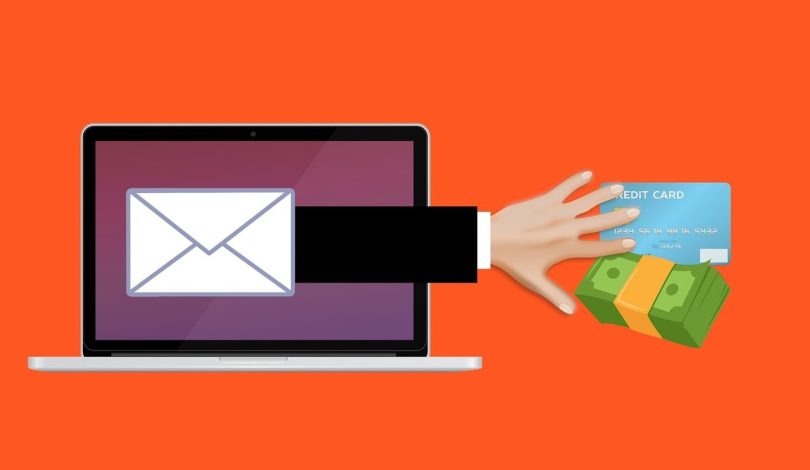In recent times, a phishing scam has been reported to affect users of the mobile app Moonton, a popular online gaming platform. The scam, which involves fake email notifications, aims to trick unsuspecting users into revealing sensitive information. Here’s a breakdown of the scam and how you can avoid falling victim to it.
The scam begins with an email, allegedly sent by Moonton, claiming to verify the user’s account. The email, titled “Account Verification” or “Account Security,” is well-designed and professional-looking. It usually ends with a sense of urgency, asking the user to verify their account within a specified time frame to avoid any consequences. The email often includes a link to a phishing webpage, where users are asked to enter their login credentials, credit card information, or other sensitive details.
The first red flag is the email’s tone, which seems overly formal and formal. Legitimate companies like Moonton usually send personalized emails, addressing users by their names, whereas these fake emails address you as “Dear Player.” Another indication that the email is phony is the use of misspelled words, grammatical errors, or poor English. Be cautious if the email lacks the company’s official logo, which often includes a seal or a certification mark.
To avoid falling prey to this scam, it’s crucial to verify the authenticity of the email. The first step is to hover over the link provided in the email. If the URL is not the official Moonton domain, such as moonton.com or moontongaming.com, it’s likely a phishing attempt. Always be wary of generic URLs or those with slight variations of the company’s website.
Another way to detect a fake email is to check the “From” or “Sender” field. Legitimate companies like Moonton usually send emails from their official email addresses, which are actual emails, not subdomains or free email services. Be cautious if the sender’s email is not a legitimate address.
It’s also important to remember that Moonton will never ask you to divulge sensitive information like account passwords, credit card numbers, or other personal data. The company may send notifications regarding account updates or security issues, but these will always be addressed in a clear and transparent manner, without putting your account or personal information at risk.
In conclusion, the fake Moonton account verification email is a cunning scam designed to steal your sensitive information. To avoid falling victim, be cautious of formal, poorly written



